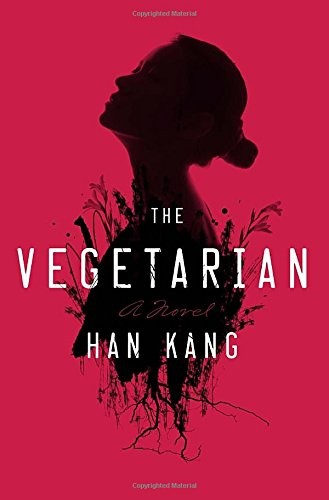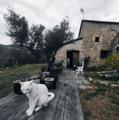La vegetariana.
3 estrellas
No sé si os pasa (si es así y alguien me lee, me encantaría que me lo comentará), pero a veces me planteo cuánto se pierde en la literatura por el tema de la traducción. Sobretodo cuando se mezclan lenguas y culturas tan distintas. ¿Leemos realmente a la autora o a una interpretación que la traductora hace de su escritura?. Este libro en concreto lo he leído en catalán y me ha venido esta duda con mucha más profundidad. La historia, sin más, la verdad que leo las reseñas y me da envidia la fascinación que ha despertado. Para mí no ha sido para nada una lectura destacada. Me gusta mucho como está estructurado y lo sencillo que es de leer. Pero sin más. Me sentía demasiado desde fuera, con muy poco vínculo con las personajes. Que eso no está mal, pero lo acabo y es como, vale, sin más. …
No sé si os pasa (si es así y alguien me lee, me encantaría que me lo comentará), pero a veces me planteo cuánto se pierde en la literatura por el tema de la traducción. Sobretodo cuando se mezclan lenguas y culturas tan distintas. ¿Leemos realmente a la autora o a una interpretación que la traductora hace de su escritura?. Este libro en concreto lo he leído en catalán y me ha venido esta duda con mucha más profundidad. La historia, sin más, la verdad que leo las reseñas y me da envidia la fascinación que ha despertado. Para mí no ha sido para nada una lectura destacada. Me gusta mucho como está estructurado y lo sencillo que es de leer. Pero sin más. Me sentía demasiado desde fuera, con muy poco vínculo con las personajes. Que eso no está mal, pero lo acabo y es como, vale, sin más. Quizás soy yo que no he sabido ver la profundidad de la obra, puede ser también.






